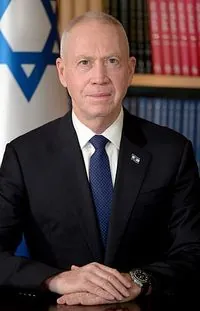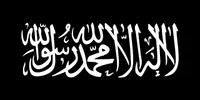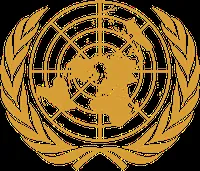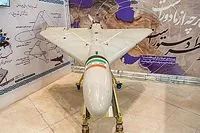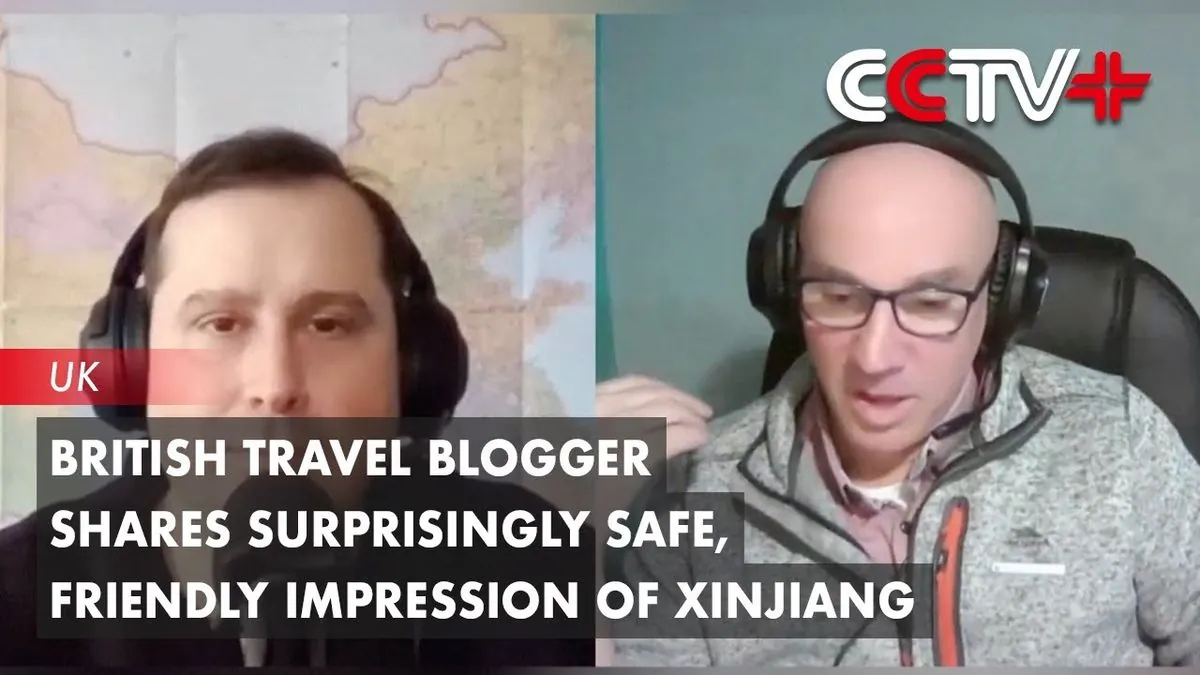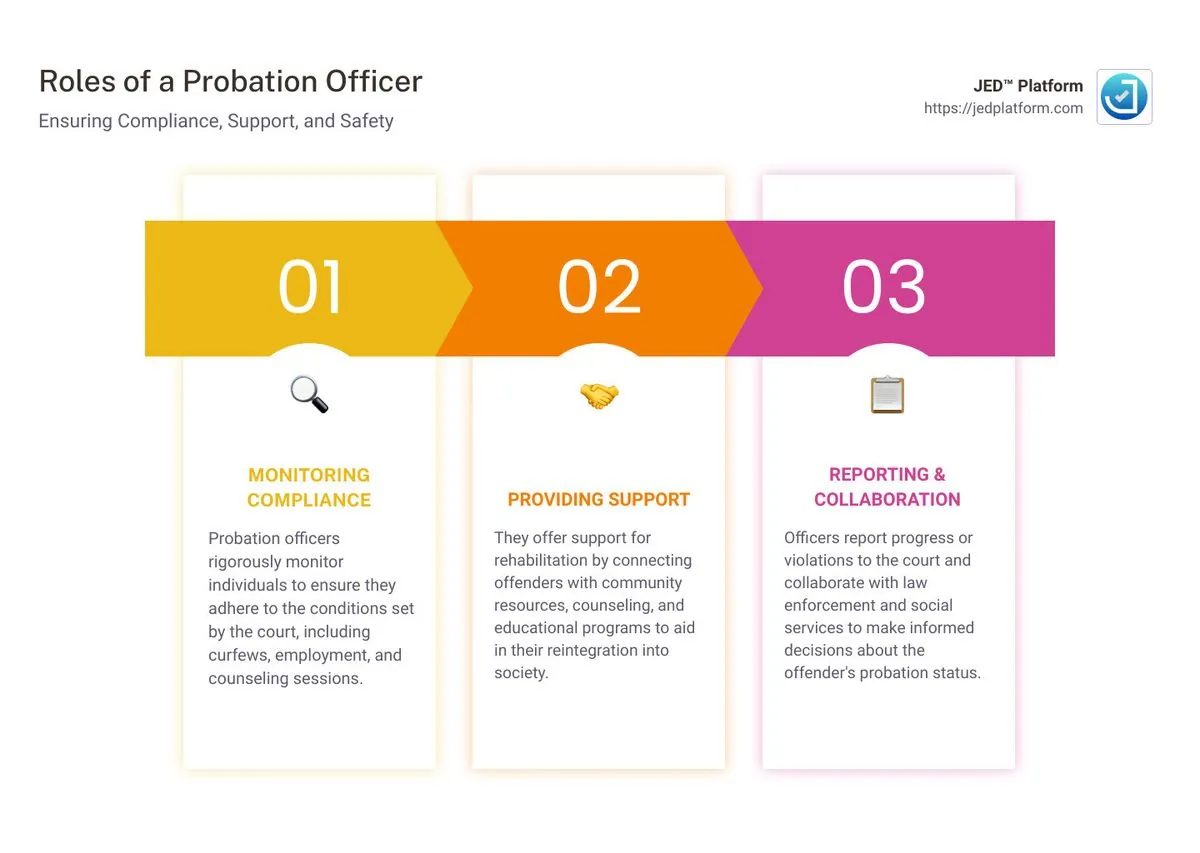Global Chaos: The West's Struggle with a New World Order
The West grapples with a complex global landscape, facing diverse threats from Russia, China, Iran, and North Korea. This new Cold War challenges democratic values and demands a nuanced foreign policy approach.
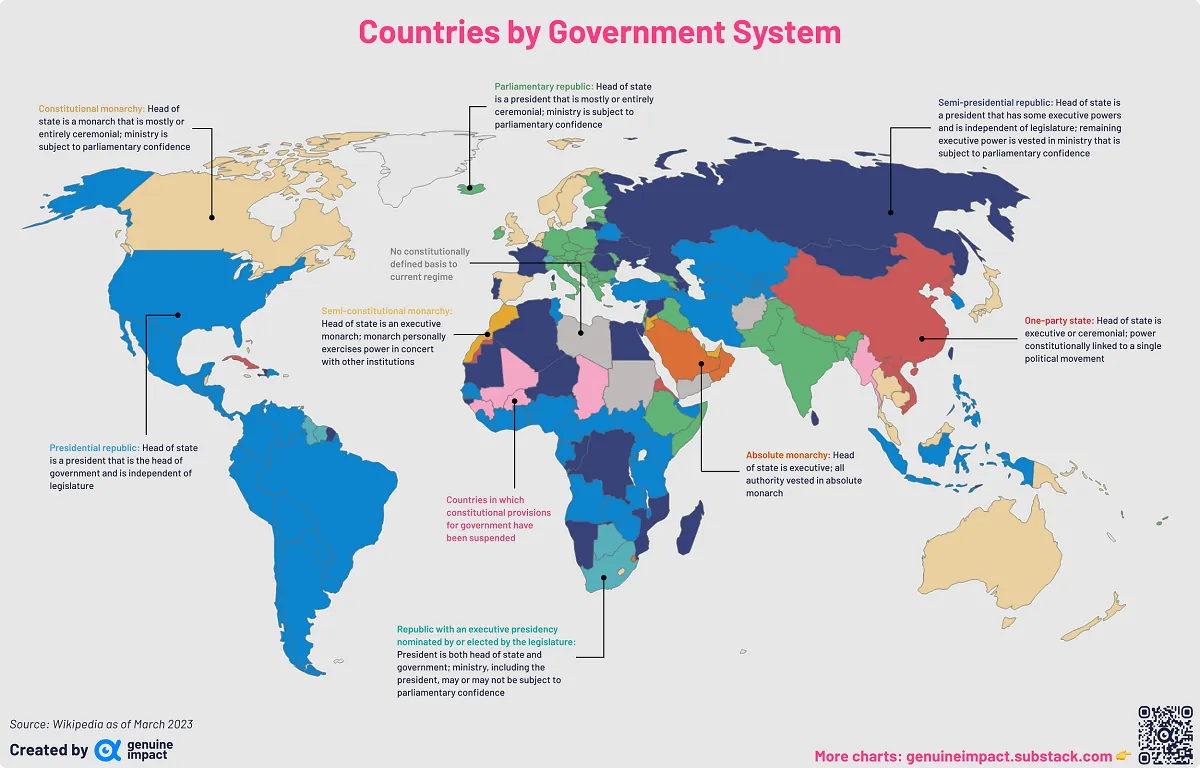
In the current global landscape, the Western world finds itself navigating a complex and often contradictory geopolitical terrain. Nearly 33 years after the fall of the Berlin Wall, which symbolized the end of the first Cold War, a new era of international tension has emerged, presenting unique challenges to established democracies.
Unlike the ideological battle between capitalism and communism that characterized the 20th century, today's global conflicts lack a unified philosophical foundation. Instead, a diverse array of actors with disparate motivations threatens the stability of the international order.
Russia, having abandoned its communist past, now pursues a nationalistic agenda rooted in a romanticized vision of its historical legacy. This approach, which echoes pre-modern concepts of statehood, has led to aggressive territorial claims and military actions that destabilize neighboring regions.
China, while nominally communist, has embraced a form of state capitalism that has propelled it to become the world's second-largest economy by nominal GDP. Its economic influence extends globally through initiatives like the Belt and Road project, launched in 2011. However, China's economic success is marred by concerns over human rights, intellectual property theft, and unfair trade practices.

Iran, following the 1979 revolution, has established a theocratic regime that stands in stark contrast to both Western values and the historical contributions of the Arab and Persian world to preserving ancient knowledge. The country's policies, particularly regarding women's rights and nuclear ambitions, have led to international isolation and sanctions.
North Korea, under the hereditary rule of the Kim dynasty since 1948, remains an enigma on the world stage. Its pursuit of nuclear weapons and isolation from the global community make it a persistent source of regional instability.
These diverse actors, despite their differences, find common ground in their opposition to Western dominance. This alliance of convenience presents a multifaceted challenge to democratic nations, requiring a nuanced and adaptable foreign policy approach.
"In the age of nuclear weapons, foreign policy is the art of finding acceptable alternatives to the unthinkable."
The United States, founded on Enlightenment principles in the late 18th century, has traditionally been seen as a bastion of democratic values. However, internal political polarization and the potential return of controversial leadership threaten to undermine its global standing and ability to respond effectively to international challenges.
As the world grapples with these complex dynamics, the Western democracies face a dual challenge: addressing external threats while preserving their core values and institutions. The path forward requires a delicate balance of diplomacy, economic strategy, and a renewed commitment to democratic principles in an increasingly chaotic global environment.












